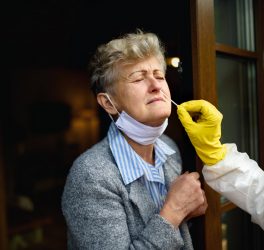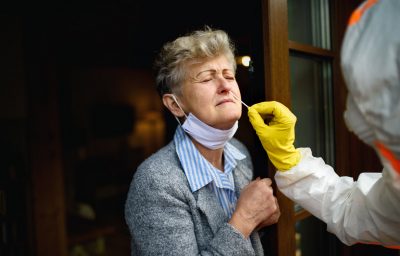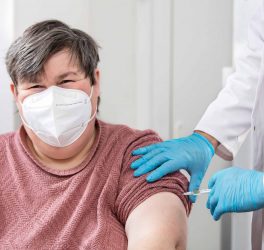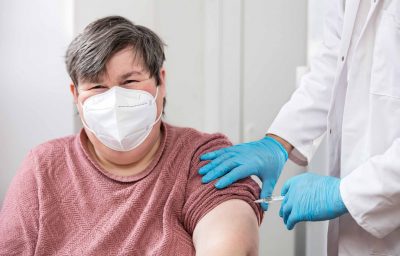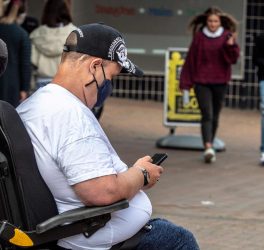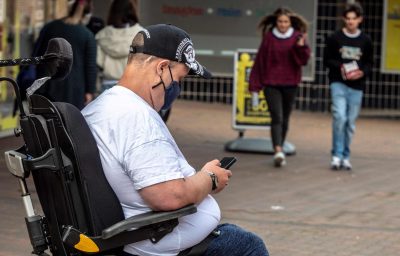
Zebadiah Hall, Director of Student Disability Services at Cornell University, explained how his office’s approach to COVID‐19 promotes social justice.
Q What social justice issues are you addressing for students with disabilities with regard to COVID‐19, and how are you addressing them?
A Cornell University has entrusted Student Disability Services to handle temporary accommodations related to COVID‐19. Leadership at the university understands that SDS operates from a Civil Rights for Social Justice framework, with the student’s voice at the center. Cornell’s motto is “Any Person, Any Study,” and in SDS we take that seriously. The intersectionality of identities (race, gender, class, etc.) is always at play, regardless of a student’s disability, so SDS takes a holistic approach to addressing a student’s situation. As the director of SDS, I am a member of the senior staff at Cornell Health. The directors of Counseling and Psychological Services and the medical department are on that team as well. I defer to them as experts on treatment and they defer to me as the expert in accommodations. We believe addressing COVID‐related accommodations as “temporary accommodations” will reduce the chance of stigmatizing a student infected with COVID. SDS provides temporary accommodations for non‐COVID‐related reasons that sometimes include isolation or quarantine.
Q When discussing the impact of COVID‐19, how do you lead your campus to maintain a social justice model of disability, rather than a medical model?
A Given the long‐standing public health crisis of racism, certain demographic groups in our nation don’t have equal access to health care. Therefore, SDS does not rely on medical documentation as the singular pathway to receiving accommodations. The COVID‐19 pandemic has highlighted existing health disparities and resulted in two public health crises going on at the same time. SDS does not focus on COVID as a medical diagnosis but rather on the impacts it can have that compromise a person’s major life functions.
The Final Rule on Americans with Disabilities Act Amendments of 2016 broadened the definition of disability, so at Cornell we are not engaging in labeling people with a diagnosis to provide accommodations. We focus on helping students reduce or eliminate the barriers that create unequal access to or restrict full participation in their educational experience. The student is the expert in how their condition is impacted by the environment in which they exist, so we elevate their voice within the interactive process to determine appropriate accommodations. In SDS, we believe a person with a disability is not disabled unless their environment produces barriers that do not give them access and opportunity.

